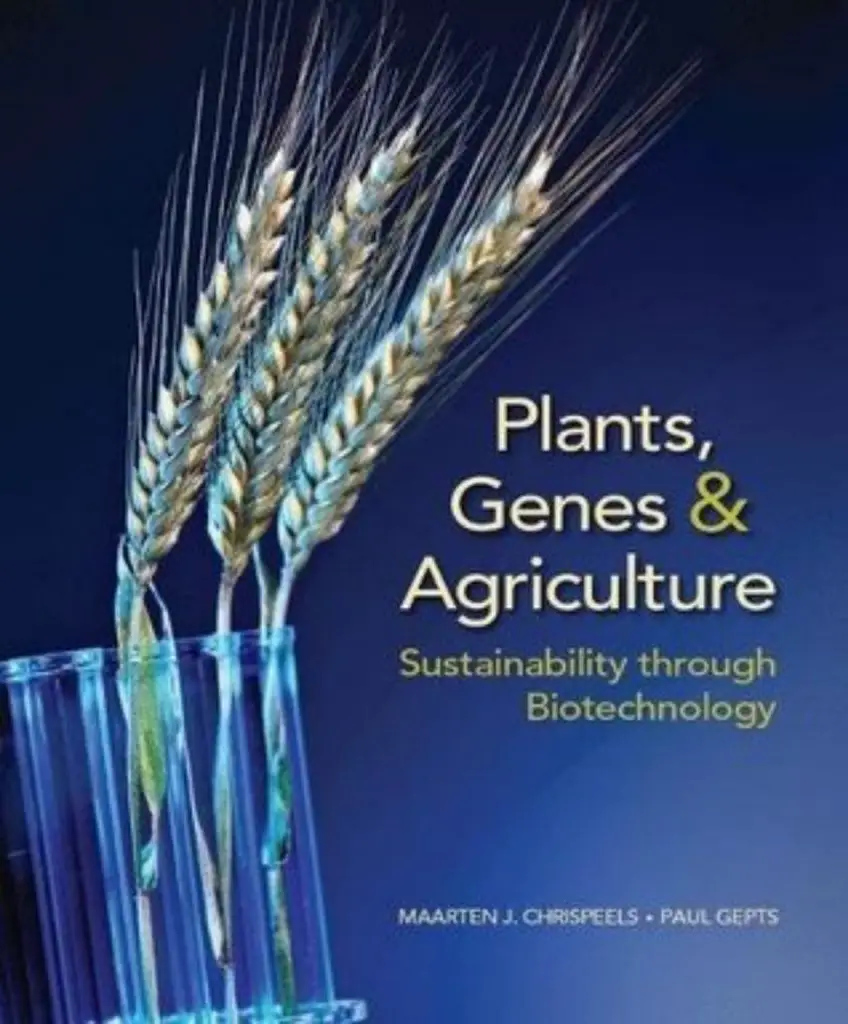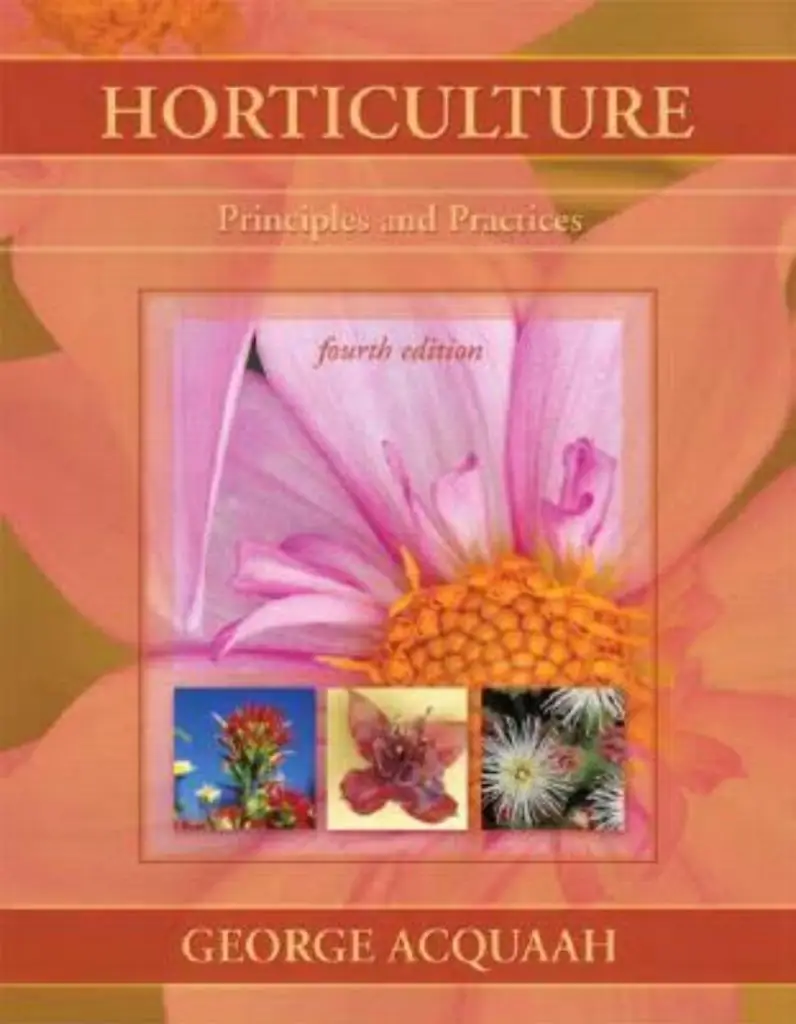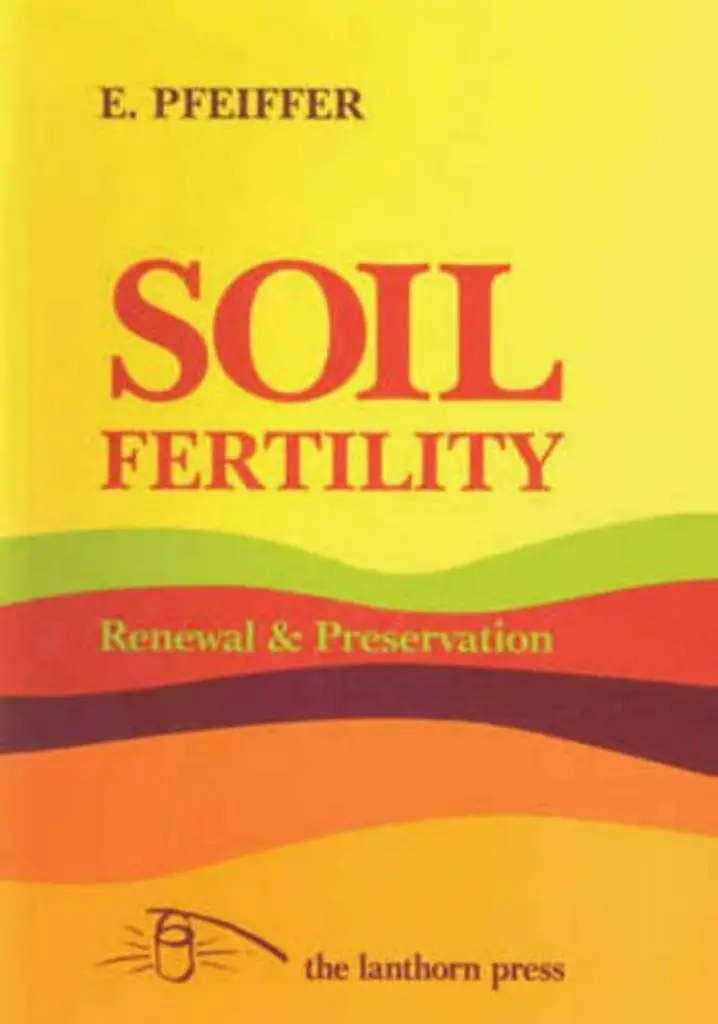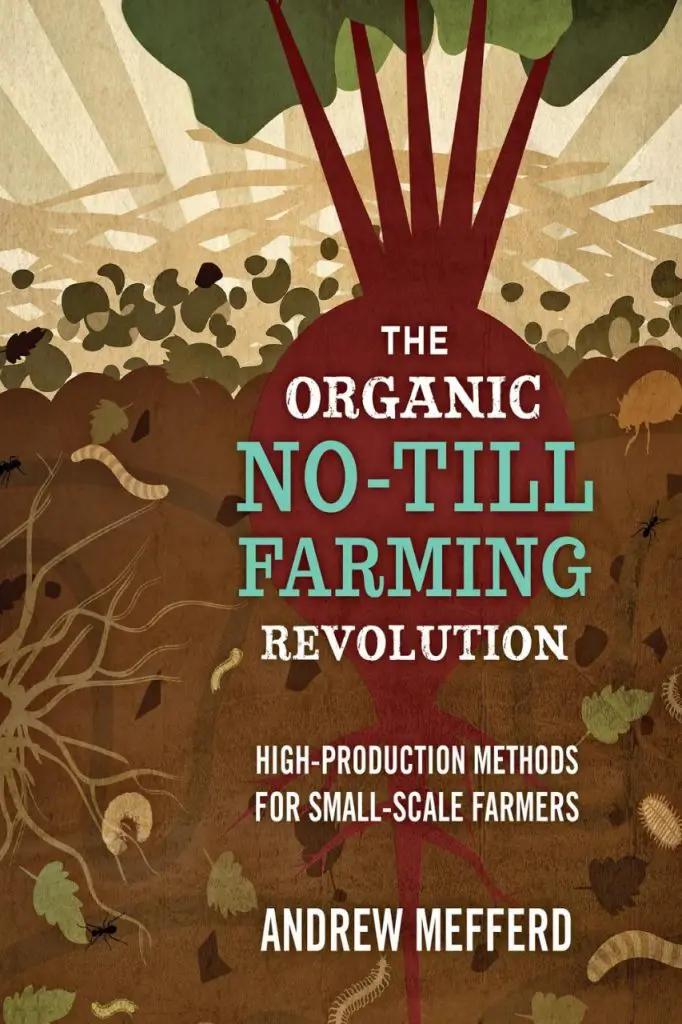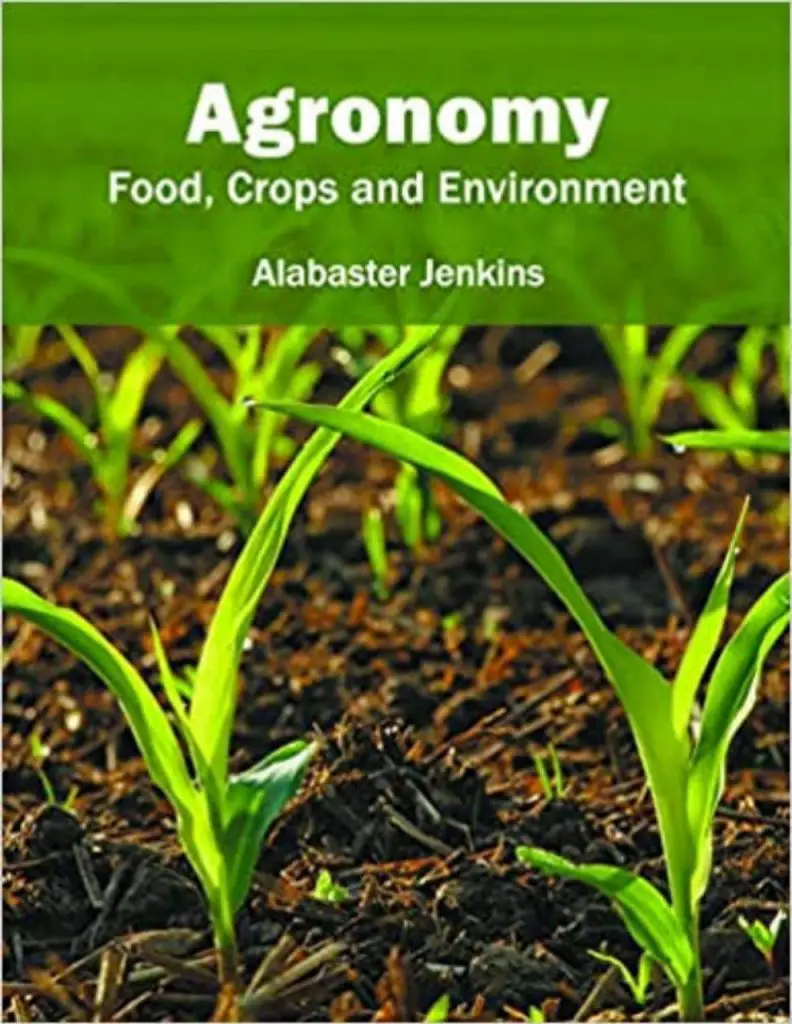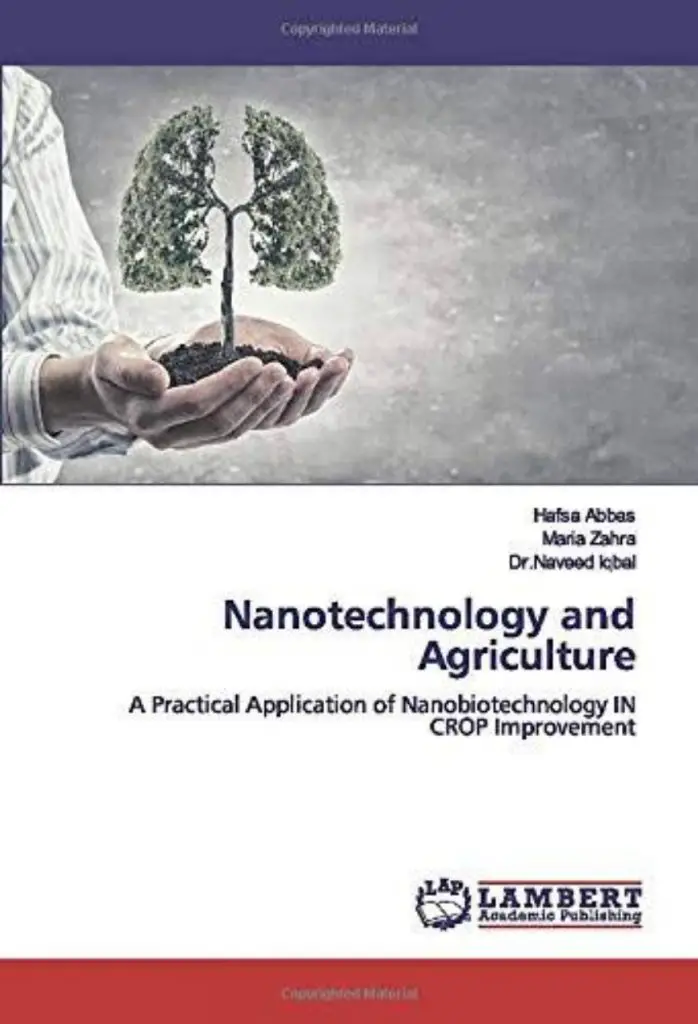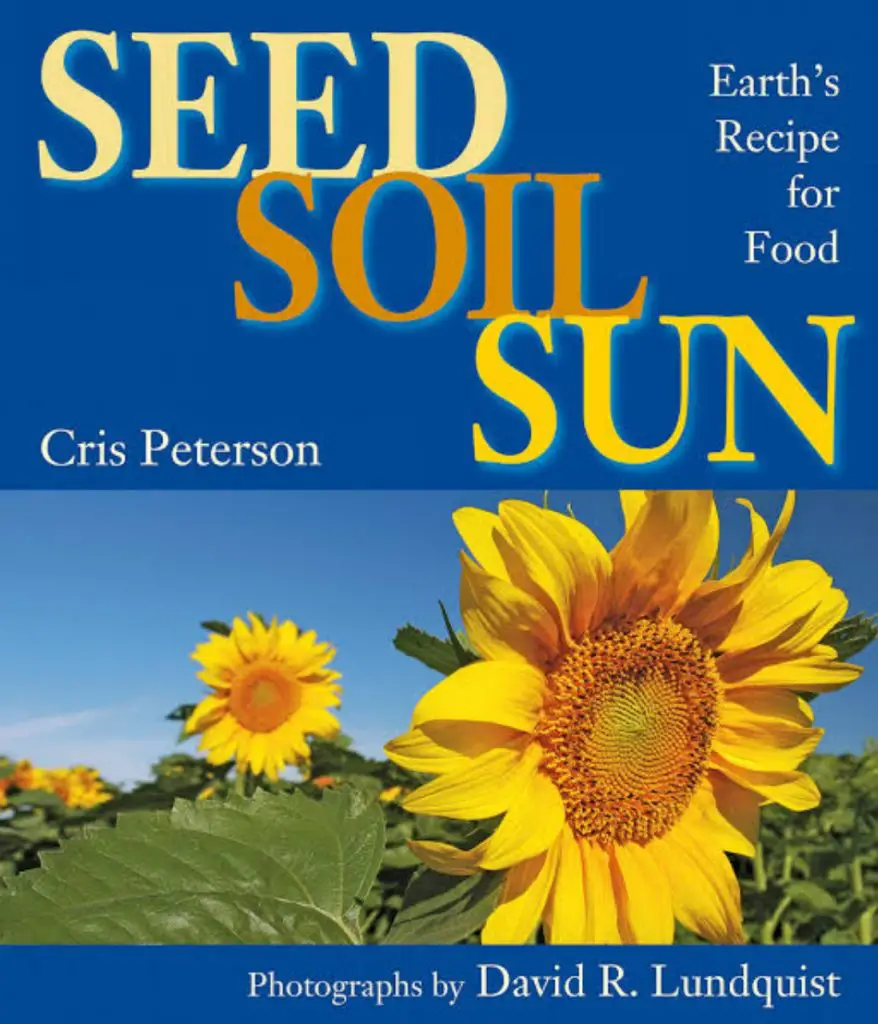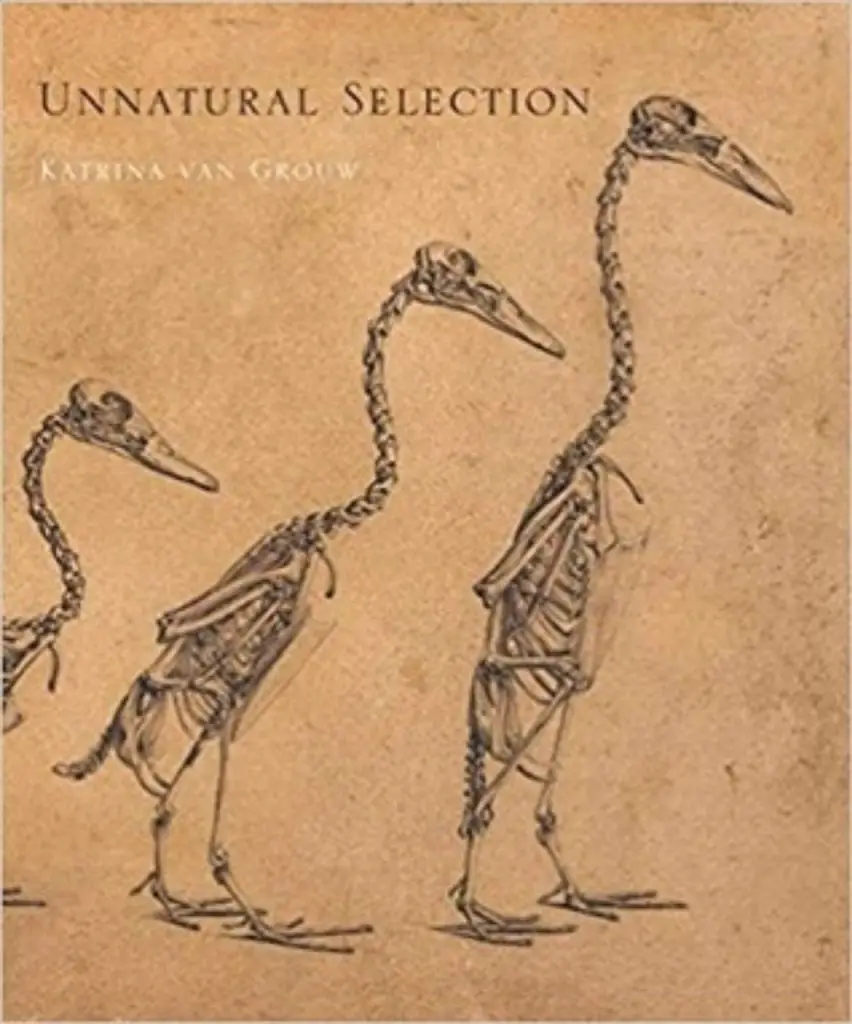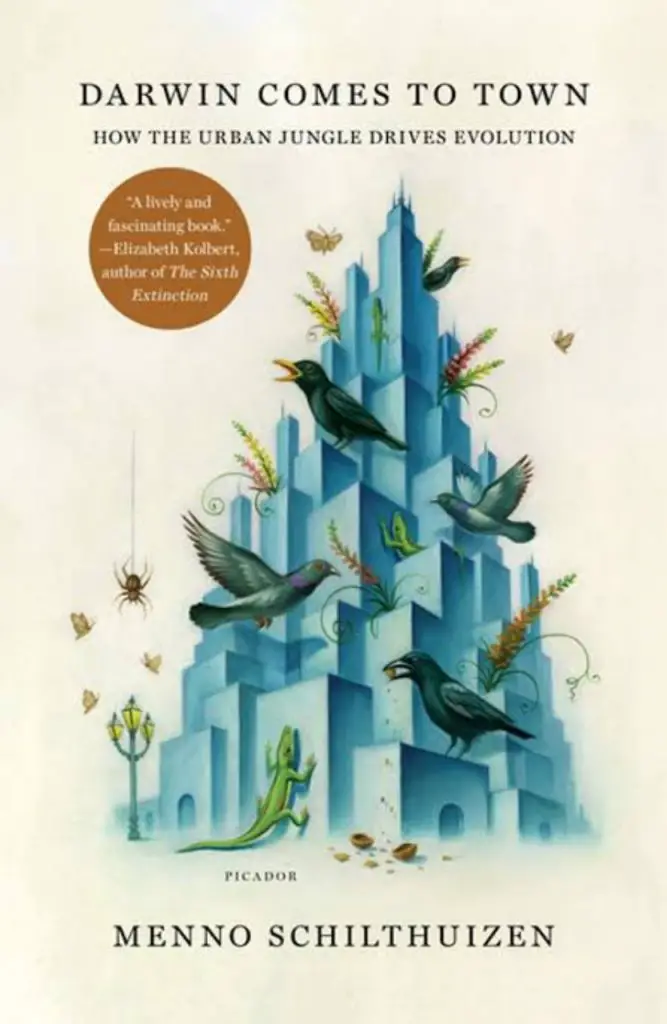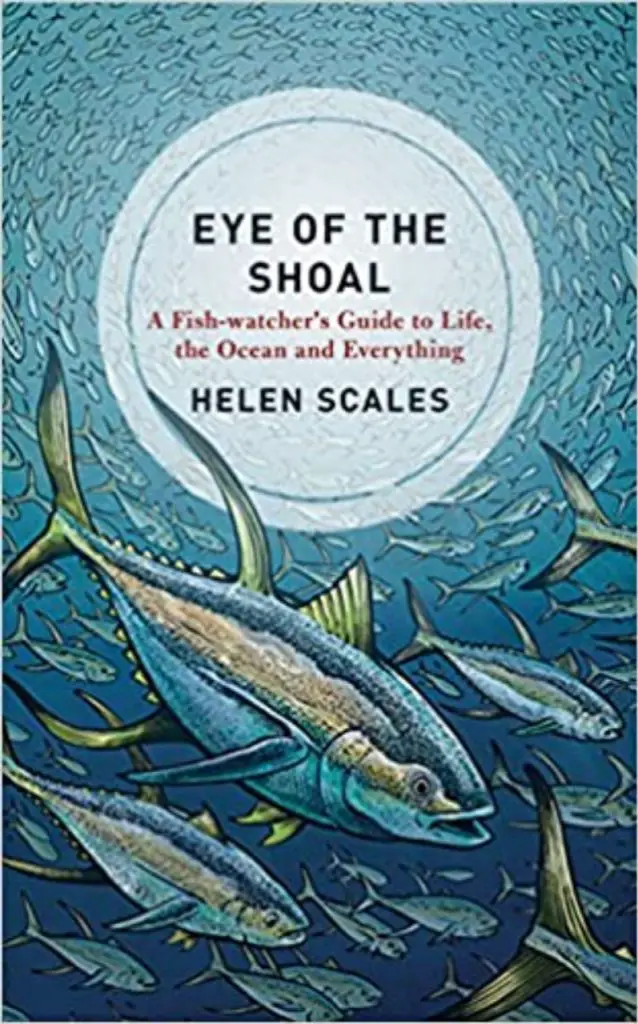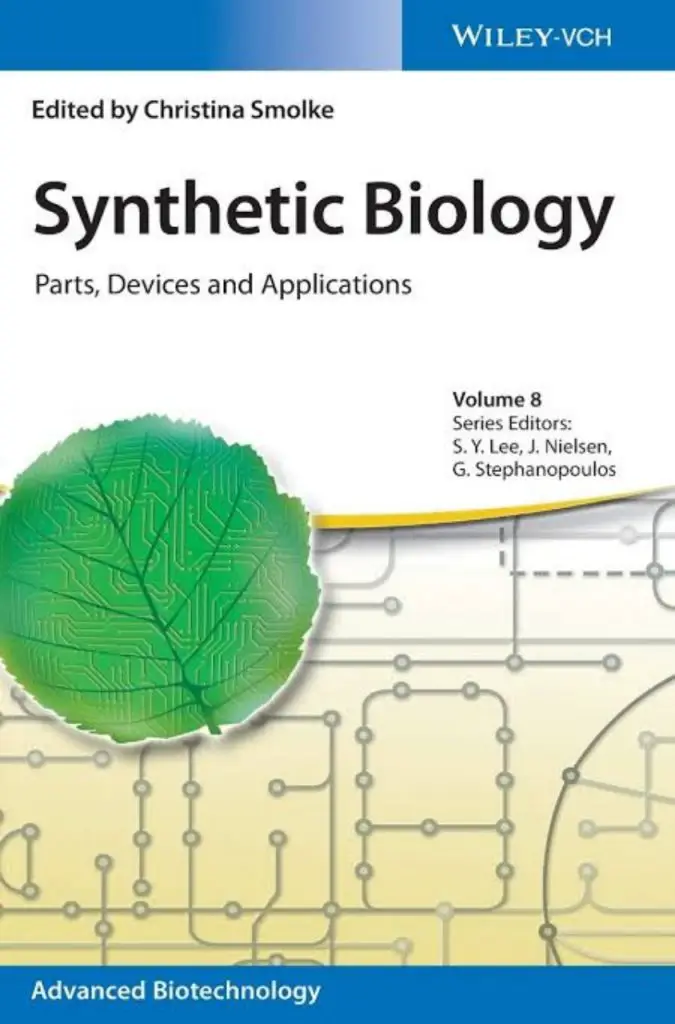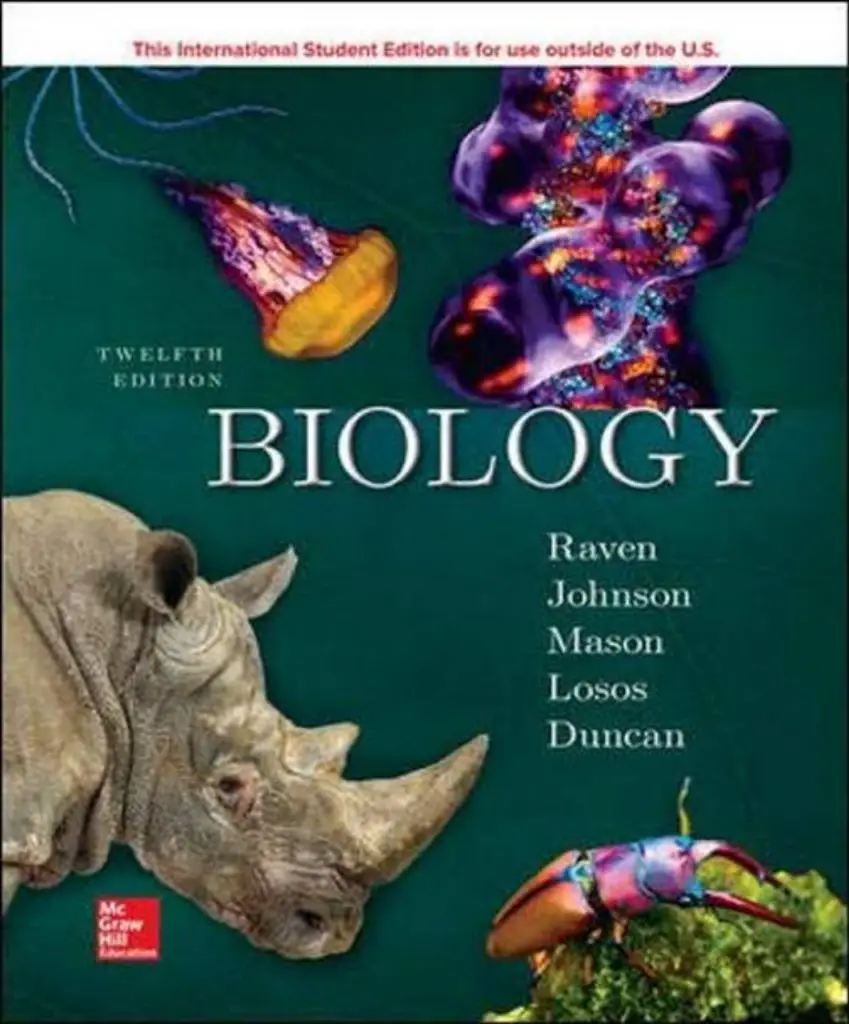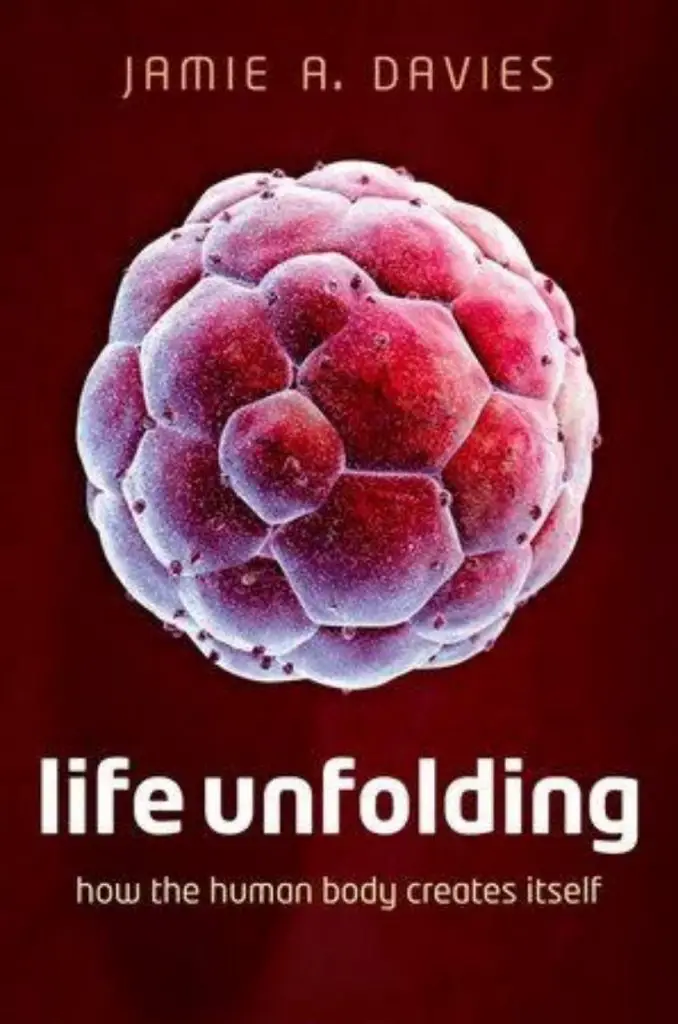Ever wondered what the must-read Agricultural and Biological Science Books are? Here is our take.
We have put together the best books for agricultural and biological sciences students.
Most institutions, experts, and top book review sites recommend only the best books for students.
We came up with the most recommended books to write an article that you may not want to miss.
This list helps researchers who are tucked in their daily grind to develop their next breakthrough ideas.
For a layperson, this helps you become a well-read lifetime learner.
These books cover a wide variety of topics, ranging from human nutrition, food security, soil science, animal health, food supply, and industrial agriculture.
Let’s go!
Table of Contents
Overview of the Best Agricultural And Biological Science Books
Part I: Best Agriculture Books
- Plants, Genes, And Agriculture [Get the book]
- Horticulture: Principles and Practices [Get the book]
- Soil Fertility, Renewal, and Preservation [Get the book]
- The Organic No-Till Farming Revolution [Get the book]
- Business of Sustainable Wine [Get the book]
- Agronomy: Food, Crops, and Environmental [Get the book]
- Nanotechnology and Agriculture [Get the book]
- Seed, Soil, and Sun: Earth’s Recipe [Get the book]
Part II: Best Biology Books
- Unnatural Selection [Get the book]
- Darwin Comes to Town [Get the book]
- Eye of the Shoal: A Fishwatcher’s Guide to Life [Get the book]
- Biology [Get the book]
- Synthetic Biology [Get the book]
- Biology [Get the book]
- Life Unfolding [Get the book]
Part I: Best Agriculture Books
Plants, Genes, And Agriculture: Sustainability through Biotechnology by Maarten Chrispeels and Paul Gepts
Intro-Why you should read it
Plants, Genes, And Agriculture is one of the best reference books the BookAuthourity website recommends for agricultural and biological sciences students wishing to learn plant genetics.
Summary-What this book is about
This book challenges readers to examine the complexities of feeding people and expanding food production by presenting and synthesizing knowledge from biological sciences, social sciences, etc.
This book covers a wide variety of topics, including genetics, genomics, molecular biology, soil ecosystems, plant breeding, crop domestication, and the technological advances in agriculture, among others.
The authors also talk about the challenges that most farmers face.
Key Takeaways
- Students, researchers, and practitioners should be knowledgeable about pesticides, including their safety measures.
- The rising demand for food safety continues to put pressure on agriculture, promoting biotechnology firms to consider GMOs.
- We need more food production methods to match the food demand.
Horticulture: Principles and Practices by George Acquaah
Intro-Why you should read it
BookAuthority recommends this book for agricultural and biological sciences students wishing to conduct research on one of the most popular agricultural and biological sciences disciplines, horticulture.
This book is revised to cover the most recent horticultural trends, making it the best book on introduction to horticulture you’ll find in the market today.
Summary-What this book is about
Horticulture: Principles and Practices analyzes horticultural farming as a business, science, and art. The book provides practical knowledge to everyone interested in environmental sciences.
As one of the latest versions, this book is complete with color graphics, photographs, and a learner-friendly writing style, giving the book an edge over the other horticultural reference books.
Key Takeaways
- Horticulture is an art, a science, and a business.
- Practical horticultural ideas are what you need to succeed in your horticulture venture.
Soil Fertility, Renewal, and Preservation: Biodynamic Farming and Gardening by Ehrenfried Pfeiffer, E.B. Balfour, Joan Rudel, and Siegfried Rudel
Intro-Why you should read it
BookAuthourity recommends Soil Fertility, Renewal, and Preservation to agricultural and biological sciences students.
This book emphasizes the principles of biodynamic agriculture, which are similar to organic farming.
Summary-What this book is about
First published in 1947, this book has been reprinted with the same content as the first version.
The only difference is the added footnotes explaining the recent version of concepts incorporated in the text.
This republished edition covers all areas of biodynamic agriculture, such as market gardening ideas, effects of biodynamics on human health, and forestry ideas.
Key Takeaways
- Sustainable agriculture is the goal the agriculture sector continues to realize.
- The original version of this book, printed in 1947, is as rich in information today as it was in the past.
- The concept of biodynamics treats livestock care, plant growth, and soil fertility as complementary disciplines.
The Organic No-Till Farming Revolution: High-Production Methods for Small-Scale Farmers by Andrew Mefferd
Intro-Why you should read it
BookAuthority recommends this book to researchers or students looking for agricultural and biological sciences books on introduction to chemical-free farming methods.
Summary-What this book is about
This book is a detailed roadmap for farmers as it demonstrates how no-till lowers greenhouse gas emissions enhances profitability and efficiency.
This agricultural sciences manual explores the no-till methods, including solarization and organic mulching.
Key Takeaways
- No-till methods will help boost your farm’s profitability and soil health.
- No-till farming is a creative method farmers should adopt to conserve essential organic matter.
- No-till farming saves energy and time.
- Poor utilization of natural resources is catastrophic to world economics.
Business of Sustainable Wine: How to Build Brand Equity in a 21 Century Wine Industry by Sandra Taylor
Intro-Why you should read it
BookAuthourity recommends this intriguing book for agricultural and biological sciences students and practitioners looking for a book on introduction to winegrowing.
Researchers will also enjoy this book.
Summary-What this book is about
With the increasing concerns about the scarcity of natural resources, climate change, and soil deterioration, Sandra Taylor offers game-changing concepts in her book-Business of Sustainable Wine.
She gives a fresh perspective on how the wine business can play a crucial role in sustainable agriculture.
Taylor uses case studies to suggest tools to farmers to aid in turning to sustainable winegrowing.
Key Takeaways
- Agriculture is one of the largest generators of greenhouse gases.
- Agriculture is the major cause of deforestation globally.
- Agricultural farming is one of the top consumers of water on earth. Most natural resources are beneficial to agriculture.
Agronomy: Food, Crops and Environmental by Alabaster Jenkins
Intro-Why you should read it
Students and researchers who would love to delve deeper into life sciences, Agronomy: Food, Crop, and Environment is your best pick.
BookAuthourity recommends this book for agricultural and biological sciences. You don’t need literature or environmental science knowledge to understand this text.
Summary-What this book is about
The book covers a wide variety of topics, including sustainable agriculture and crop science.
Alabaster Jenkins discusses creative techniques for crop management and crop breeding. The book also highlights a wide variety of key approaches to enhancing agricultural output.
Key Takeaways
- The book utilizes case studies and a data set from research to underscore new techniques in soil science, crop rotation, and plant genetics.
- The book outlines key factors that have brought unexpected results to agronomy such as scarce natural resources.
- Be open to new ideas and techniques.
Nanotechnology and Agriculture: A Practical Application of Nanobiotechnology IN CROP Improvement by Hafsa Abbas, Maria Zahra, and Naveed Iqbal
Intro-Why you should read it
This book is recommended by BookAuthority for agricultural and biological sciences students looking for an introduction to one of the key academic disciplines-nanotechnology.
Summary-What this book is about
This book discusses how nanotechnology can be used in agriculture to boost crop production.
Nanotechnology and Agriculture explain the roles nanoparticles play in nanotechnology, including herbicides, insecticides, and biofertilizers that boost agricultural output.
The articles in the latest versions also cover plant responses to nanoparticles.
Key Takeaways
- Nanoparticles are useful in water filtration, among other key agricultural roles.
- The developing countries rely heavily on agriculture for food.
- The use of chemical fertilizers has led to water and pollution globally. Environmental and social activists are leading the campaign for a healthy environment.
- Poor land use and climate change have brought unexpected results in the world.
Seed, Soil, and Sun: Earth’s Recipe for Food by Cris Peterson and David Lundquist
Intro-Why you should read it
BookAuthority recommends this book to agricultural and biological sciences students looking for information on natural resources and agriculture.
Summary-What this book is about
Nature makes food from natural resources such as soil, sun, and seed.
The famous author Cris Peterson celebrates agriculture by walking the reader through the entire growth cycle of plants, from germination to harvesting.
The articles on this book explains the soil composition, including the organisms that live in the soil.
Key Takeaways
- The natural world is the chief provider of all we need to produce food. It provides water, sun, soil, and seeds for agriculture.
- The book uses corn as an example to explain the process of plant growth.
- You don’t need desktop computers, or modern browsers such as Internet Explorer to understand ecosystem services.
Part II: Best Biology Books
Unnatural Selection by Katrina Van
Intro-Why you should read it
The author’s excellent prose and the extensive coverage of evolutionary biology make this one of Forbes’s top reference books on evolution you can add to your reading list today.
Summary-What this book is about
This book contains drawings of claws, skulls, feathers, and skeletons which show the changes animals underwent due to artificial selection.
Using illustrations, Katrina points out the human effects on the evolution of domesticated animals.
Key Takeaways
- Humans have contributed to the evolution of animals, particularly domesticated ones.
- Evolutionary biology is as relevant in veterinary medicine and related fields.
Darwin Comes to Town: How the Urban Jungle Drives Evolution by Menno Schilthuizen
Intro-Why you should read it
This thought-provoking text is perfect for a wide audience, but Forbes recommends it to biological sciences students and researchers looking for detailed information on the evolution of urban birds.
Summary-What this book is about
This delightfully entertaining biological sciences book delves into the natural selection-the driving force behind the evolution of urban wildlife.
The author uses a compelling example of the songbird to explain urban evolution today.
Unlike their rural cousins who live in less toxic and quieter habitats, these songbirds are adapted to city life.
Key Takeaways
- The use of a familiar animal as an example makes this text an easy to understand read.
- The book’s extensive coverage of the ways wildlife have adapted to urban habitats makes it a must-have biological sciences book.
Eye of the Shoal: A Fishwatcher’s Guide to Life, the Ocean and Everything by Helen Scales
Intro-Why you should read it
This highly accessible, engaging, and captivating description of the fish world is recommended by Forbes as one of the top reference books for agricultural and biological sciences students.
Summary-What this book is about
Helen Scales, an author, and marine biologist has written a fascinating biological sciences book about fish.
The book starts with a discussion on the evolutionary history of fishes, their ecology, and biology.
Dr. Scales explains the fish’s neurobiology, memory, and intelligence using research findings.
She then proceeds to discuss how fish creates toxins, venoms, and colors.
Key Takeaways
- Fishes are interesting and intelligent animals.
- Fish can hear and communicate. Farting is one mode of communication in the world of fish.
- Fish can change their sex.
Biology by Robert Brooker, Eric Widmaier, Linda Graham, and Peter Stiling
Intro-Why you should read it
BookAuthourity recommends this book to researchers of agricultural and biological sciences and students looking for an introduction to life sciences. The book has a 4.58-star rating on the BookAuthority website.
Summary-What this book is about
The latest versions of this book come with two additional features unseen in the previous versions. The BioTIPS and CoreSKILLS features help students develop innovative problem-solving strategies.
The topics covered in this book highlight five key concepts supported by “Vision and Change” and the American Association for Advancement of Science.
Key Takeaways
- The study of agricultural and biological sciences is not all about the memorization of concepts. Scientists need strong critical thinking abilities to navigate through it.
- The authors aim to help students apply the knowledge they learned in the text.
Synthetic Biology: Parts, Devices and Applications by Christina Smolke, Sang Yup Pee, Jens Nielsen, Gregory Stephanopoulos
Intro-Why you should read it
Synthetic Biology: Parts, Devices, and Applications offer compelling research-backed discussions on Synthetic Biology.
BookAuthourity recommends this book for students and researchers. You can get yours today.
Summary-What this book is about
This review covers a wide variety of controversial topics, including genome design, spatial engineering, and many other areas of synthetic biology.
The authors combined engineering and biological sciences research findings with their applications today to write a detailed overview of synthetic biology.
The book explains genome engineering, DNA synthesis, spatial engineering, and RNA switches.
The text also discusses the factors that affect protein expression.
Key Takeaways
- Devices control protein activity and expression.
- The knowledge of synthetic biology is essential in immunotherapy.
Biology by Peter Raven, George Johnson, Kenneth Mason, and Jonathan Losos
Intro-Why you should read it
If you want to improve your learning experience and knowledge of biological sciences, BookAuthourity recommends this book for you.
Summary-What this book is about
Written by a highly committed team, Biology offers insights into scientific research in a clear, engaging, and accessible writing style.
The book combines evolution, genomics, and molecular biology to offer an information-rich text to students.
Key Takeaways
- A well-researched book enhances a student’s learning experience.
- A scientist is a reader and a doer. Besides being an avid reader, you should be able to know where and when to apply the concepts you’ve learned.
Life Unfolding: How the Human Body Creates Itself by Jamie Davies
Intro-Why you should read it
Life Unfolding gives you open access to the most unparalleled introduction to cell division.
This book explains how cells organize into tissues larger than themselves.
BookAuthourity recommends this book for students, researchers, and everyone interested in knowing where they came from.
Summary-What this book is about
The story of human growth forms the core of Life Unfolding. The book demonstrates how our understanding of human development has changed over the years.
The book will help you solve practice problems such as why your body ages.
Key Takeaways
- Our complex body structures began with a single cell.
- You need critical thinking skills to ace your biological sciences exams. Scientists need deep reasoning to solve practical problems.
Conclusion
The right book can provide valuable insights into the world you want to explore.
Our list of the top agricultural and biological sciences books seeks to save you time that you would have spent searching for the best reference books to read.
Was our article helpful?
Reference
Agricultural Books
[1] https://www.elsevier.com/life-sciences/agricultural-and-biological-sciences/books
[2] https://bookauthority.org/books/best-agriculture-books
Biological Books
[1] https://www.elsevier.com/life-sciences/agricultural-and-biological-sciences/books


